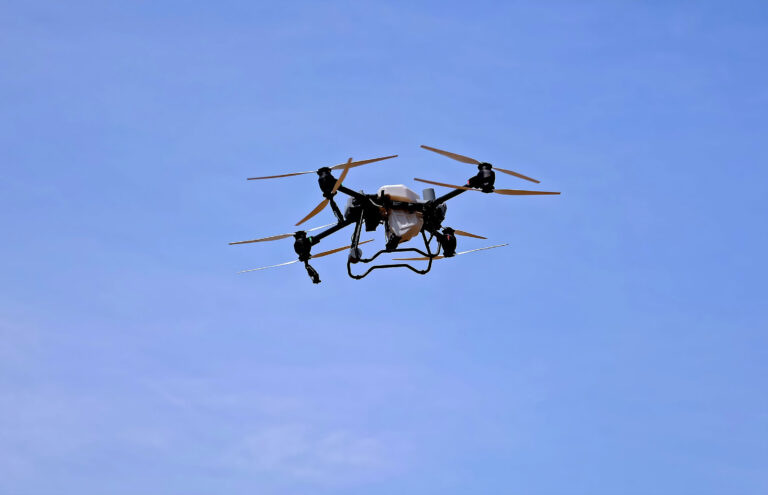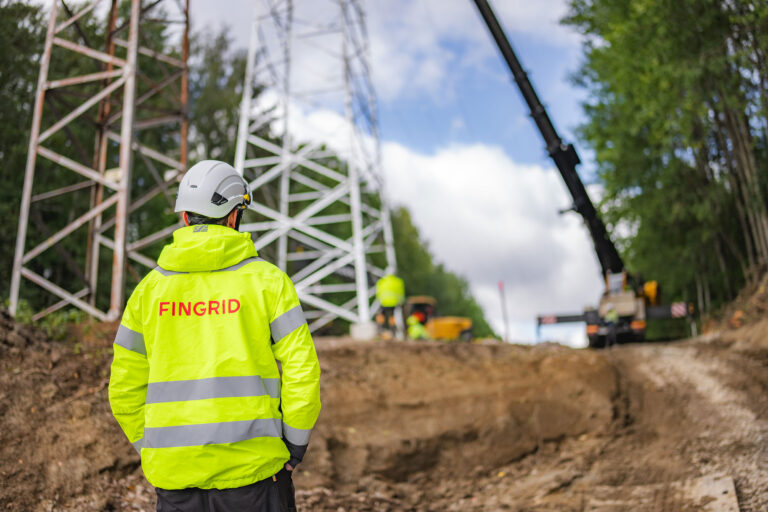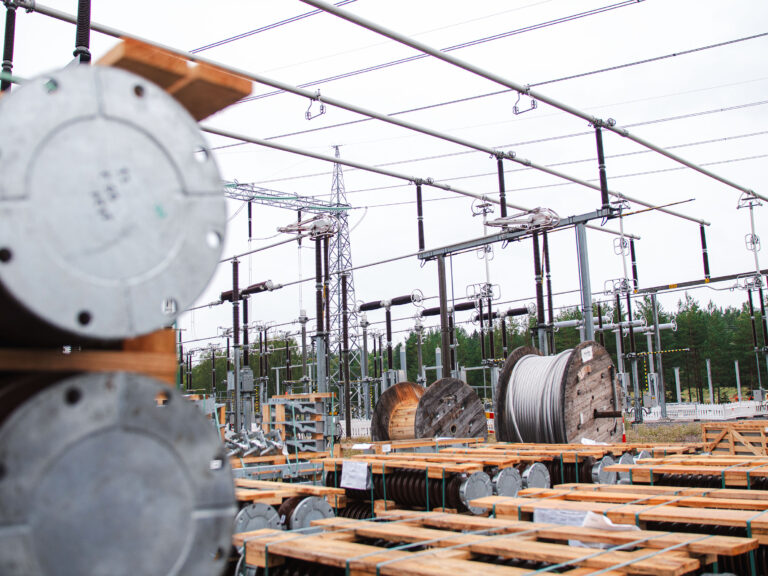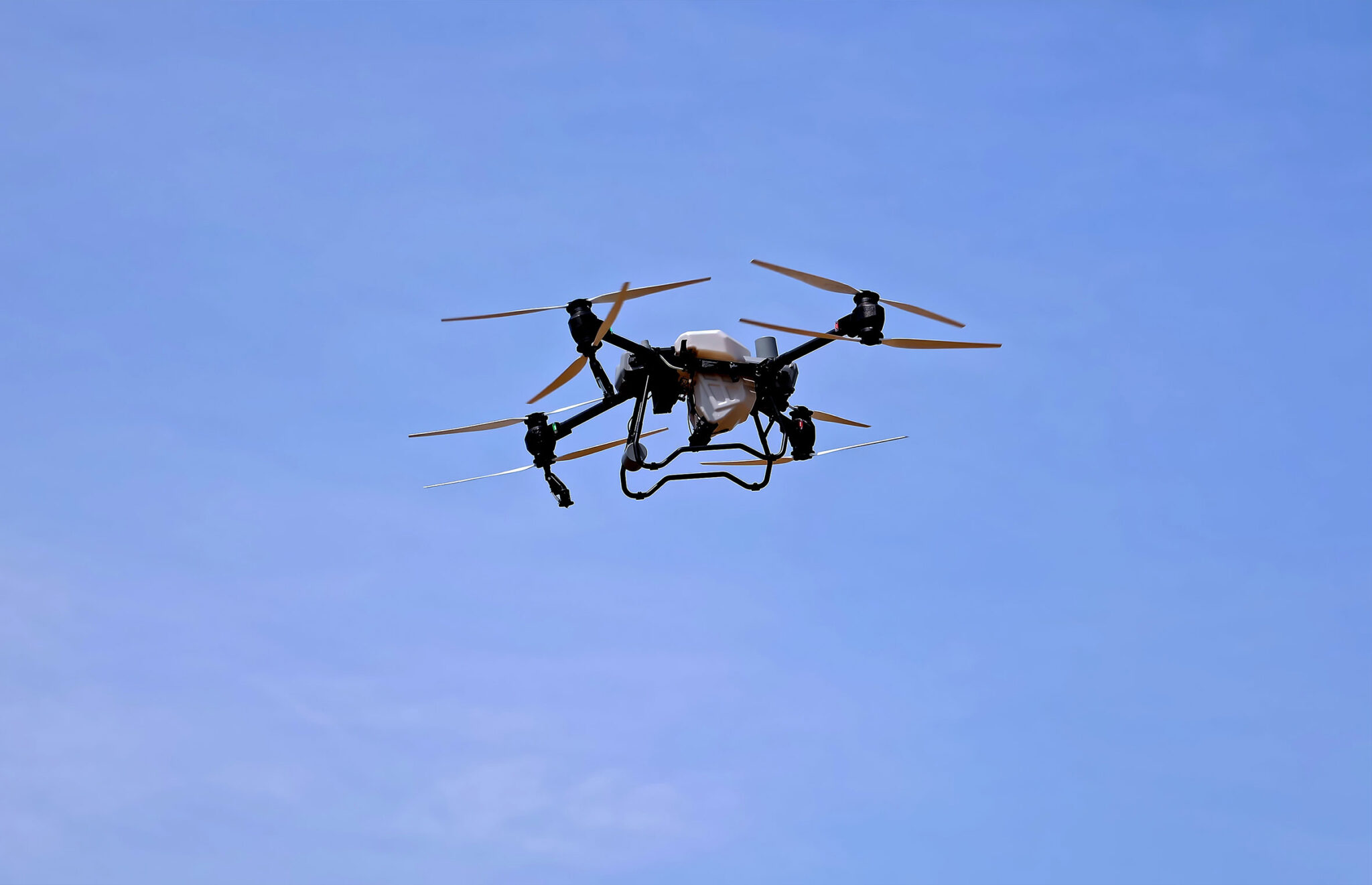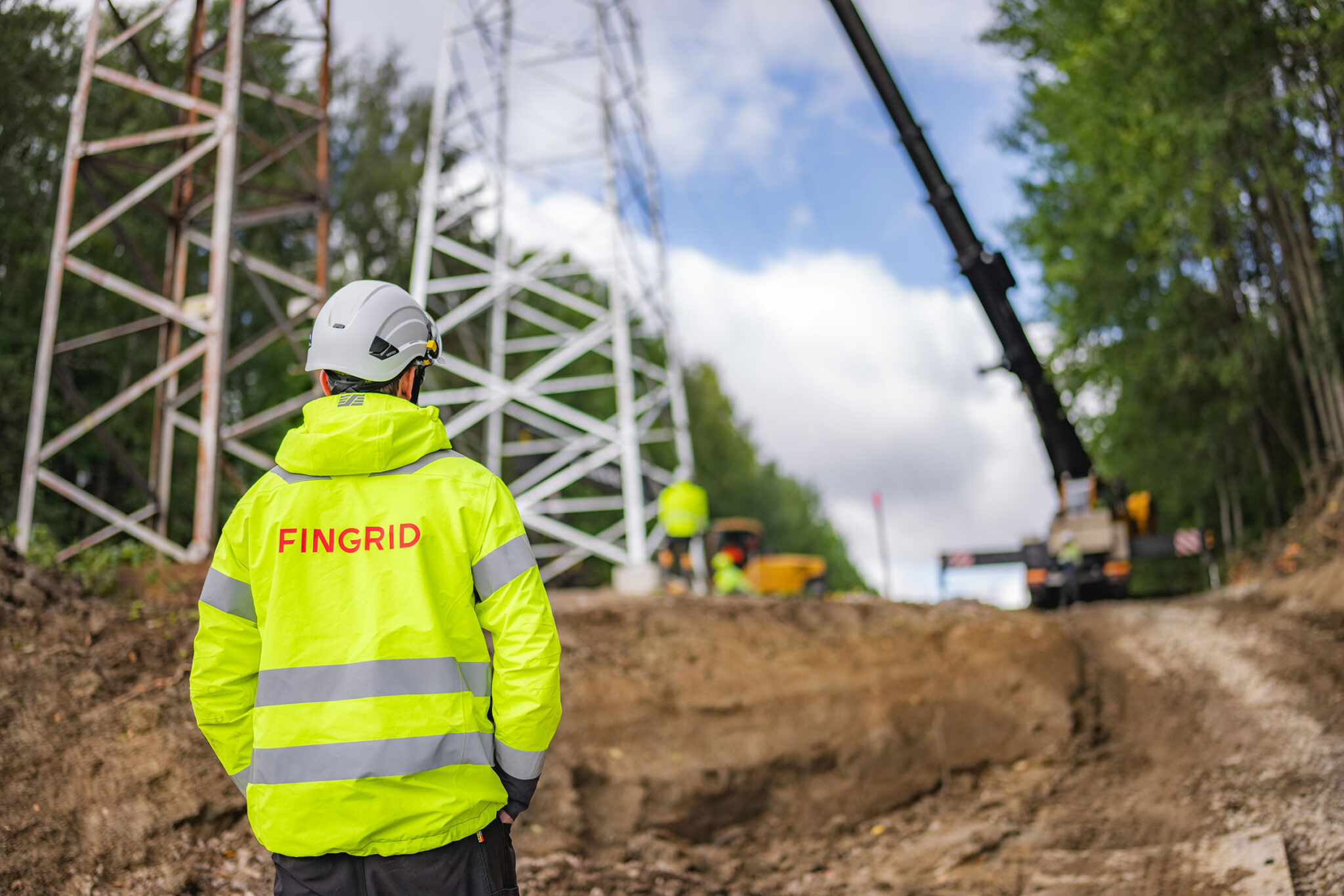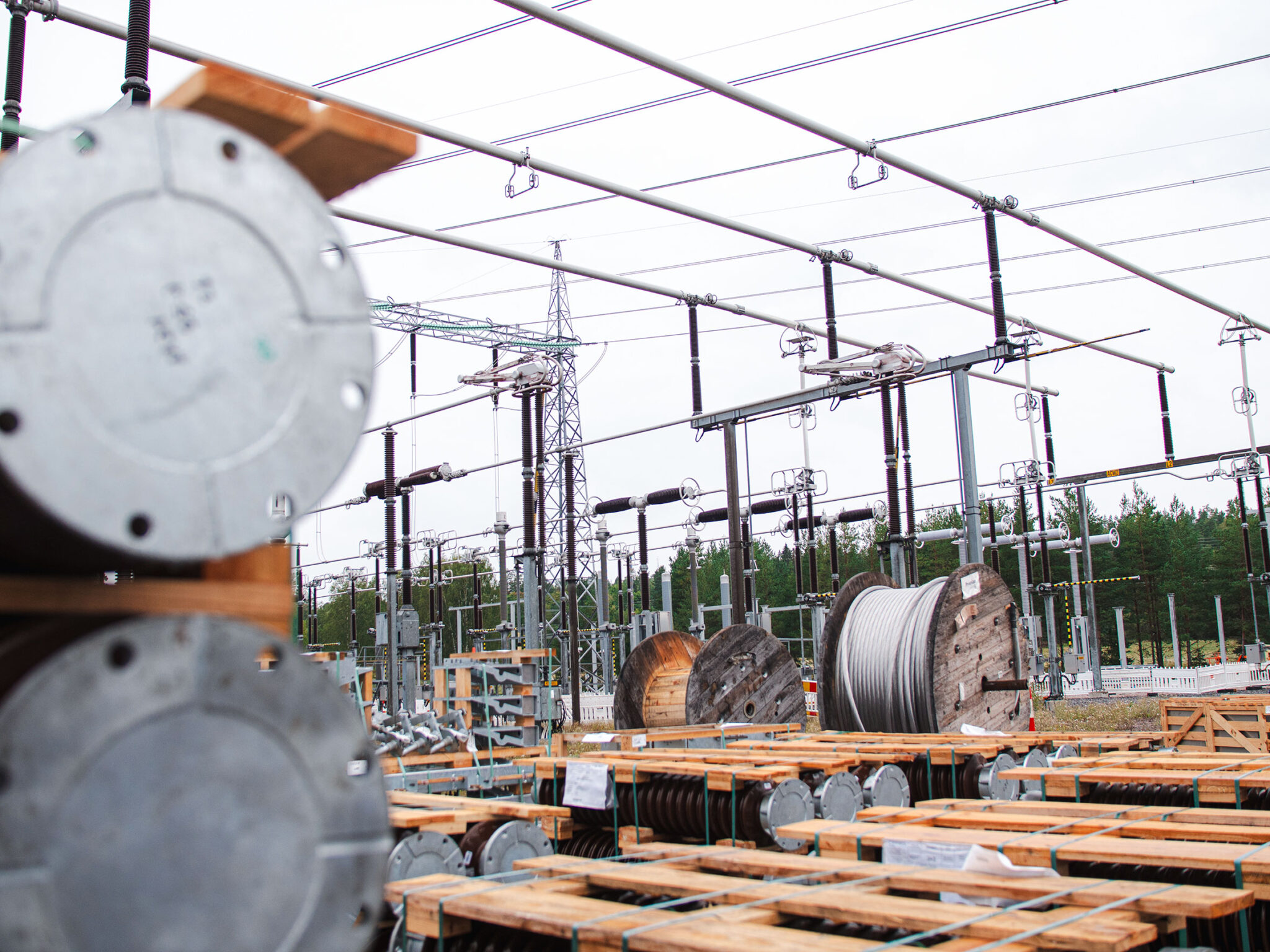 There was certainly plenty of technology on display, but surprisingly it stayed in the background behind the services that it was enabling. I was even more astonished about what had happened to user interfaces. Natural speech, artificial intelligence and added and virtual reality were all strongly on display, and even in production.
There was certainly plenty of technology on display, but surprisingly it stayed in the background behind the services that it was enabling. I was even more astonished about what had happened to user interfaces. Natural speech, artificial intelligence and added and virtual reality were all strongly on display, and even in production.
In speech recognition, significant breakthroughs have recently been made, thanks to neural networks, particularly deep-learning neural networks. Researchers have understood that human speech is not letters and syllables but phonetic characteristics. A breakthrough has also been made in the development of neural networks – they first learn characteristics, then finer learning occurs after that.
In August this year, Microsoft achieved a new world record when artificial intelligence that it had created recognised words from a natural telephone conversation with a level of inaccuracy of just 6%. With regard to similar test material, people wrongly recognise about 4% of words. So we are now just a jot away from the level of human expertise, and we might even surpass it.
On the other hand, understanding the content of speech and text is developing at rapid speed. The best-known of artificial intelligences, IBM’s Watson, is already in use in the interpretation of patient reports, in diagnoses, in the profiling of retail customers and in the analysis of corporate financial figures by the boards of listed companies.
Genuine revolution in society will follow when advanced speech recognition is combined with contextual artificial intelligence, for example in booking a hotel room, legal advice or maybe even a visit to the doctor. We have got used to the idea that fact-based expert advice is human work,but this is changing and the change is already ongoing.
Doctors at Tokyo University faced a problem. They had a patient whose cancer they had for a long time been unable to identify. The University fed the patient’s information and gene map into Watson, which compared the information with that of 20 million other cancer patients. After 10 minutes, the diagnosis was complete. And correct. The patient’s cancer was identified and he could be treated.
On the website of furniture retailer IKEA, there is a chat service enthusiastically offering help. The service is actually a fast, cheerful and tireless artificial intelligence, which is constantly improving its service. The travel website Hipmonk has developed a chat service, which finds flights and hotels, asks relevant questions and even takes payments, using a natural written language.
The speed of development of artificial intelligence has even astounded a researcher of neural networks like myself, and following the nature of digitalisation, machine learning is only accelerating and improving. Routine work is being given over to machines, and at the same time jobs are disappearing in their millions.
In the USA, for example, the jobs of almost 3 million truck drivers are under threat, as the first driverless trucks are already plying the highways between Nevada and California. Within just five years, truck traffic in the USA might be completely automatic.
Artificial intelligence is already in use in the interpretation of patient reports, in the profiling of retail customers and in the analysis of corporate financial figures.
We humans can be consoled by the fact that, although a computer already beat a man at chess more than a decade ago, the combination of a human and a supercomputer is better than two or even ten supercomputers together.
The era of artificial intelligence will free us from routine and laborious work, leaving us with work of creativity and development. If you ask me, I can’t even forecast the world just 10 years into the future. What is sure, however, is that dangerous and heavy work will be done by machine and we humans will be left to… be people.
Pekko Vehviläinen is a Doctor of Technology, consultant for digital healthcare services and the most quantified man in Finland.


